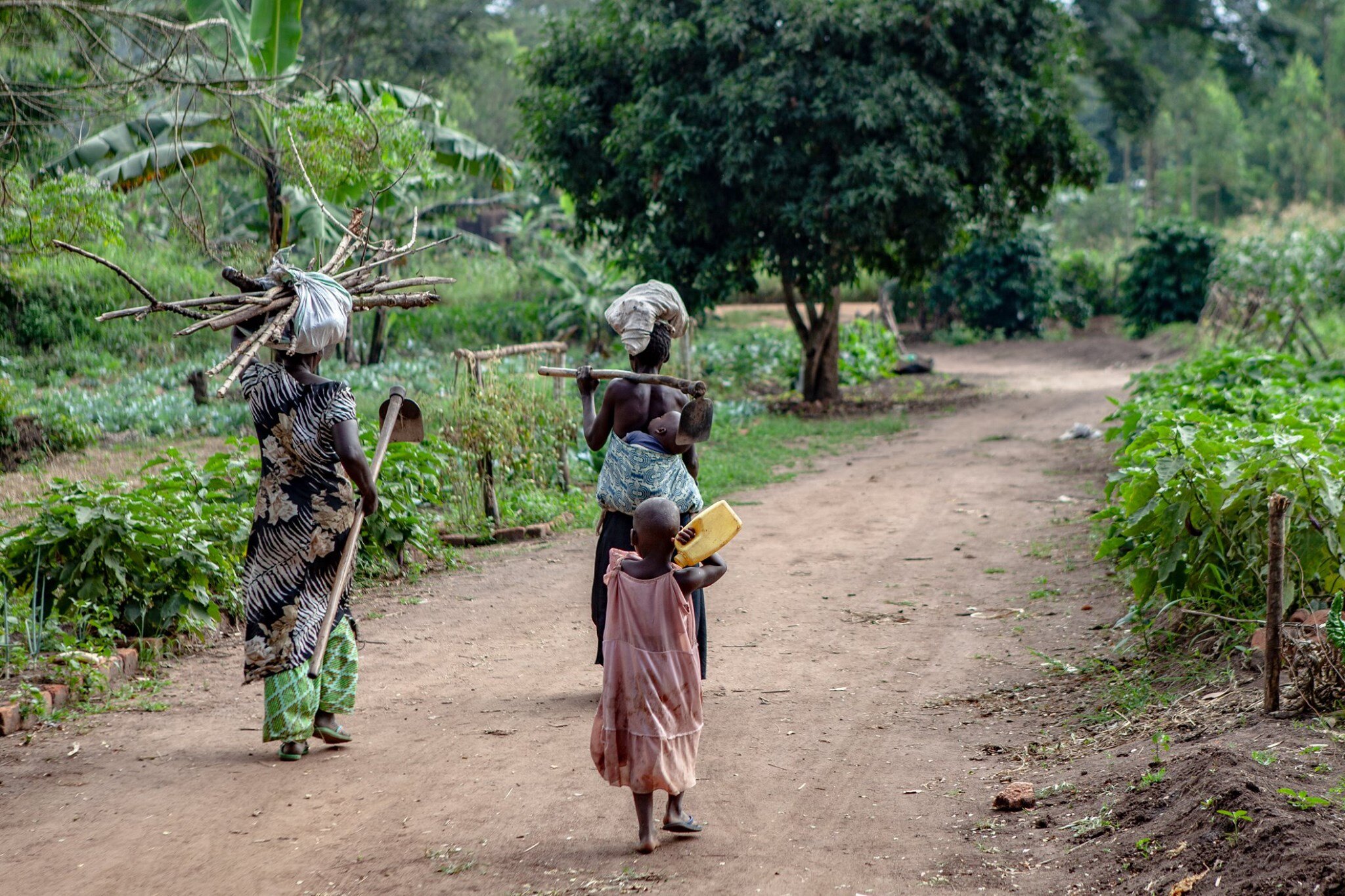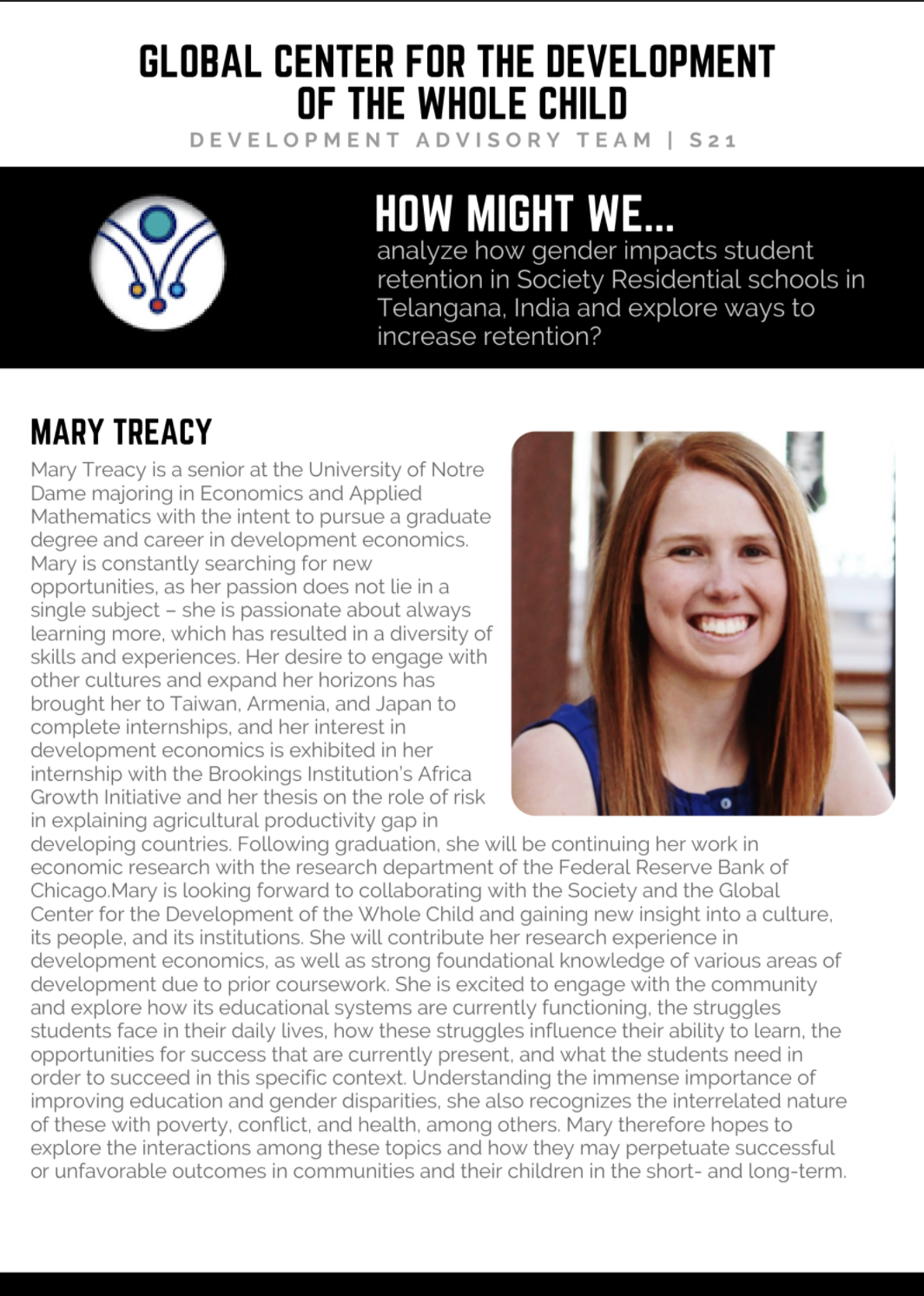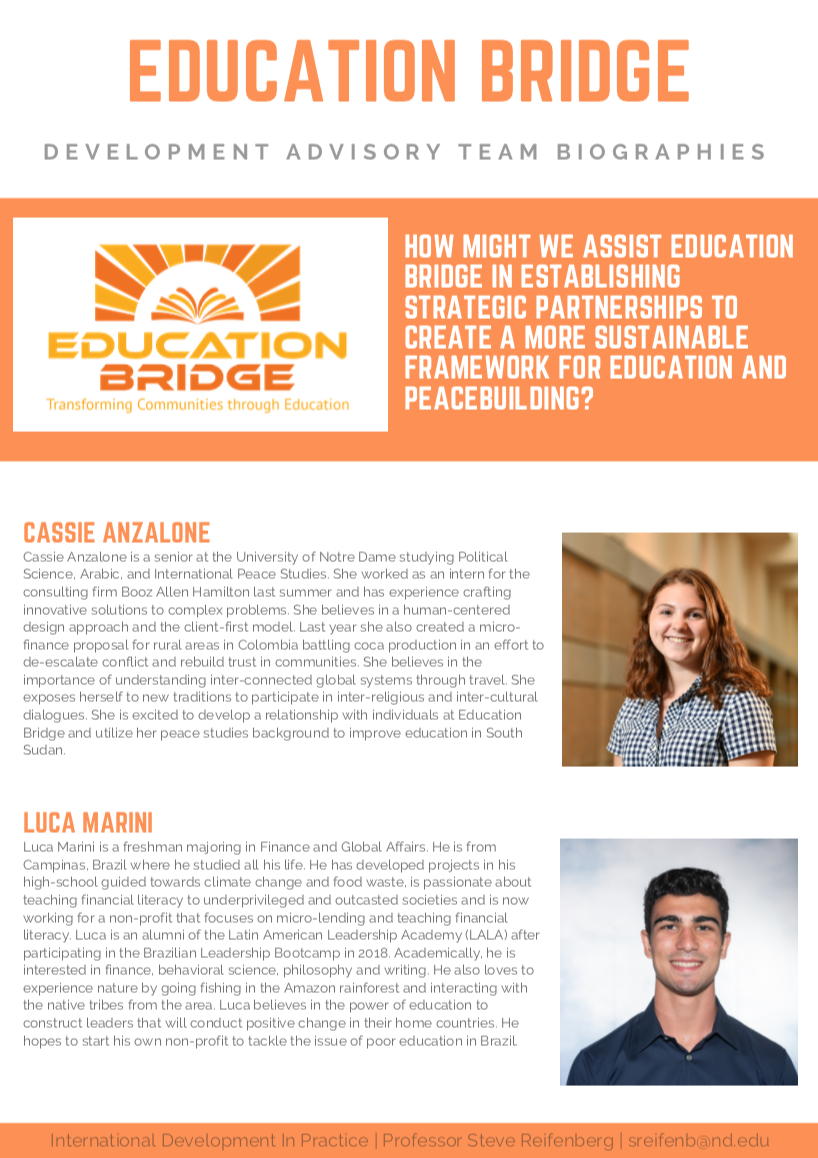Project Background:
The genocide committed by the Islamic State has left Yazidis, a historically- persecuted ethnoreligious minority, largely displaced from their ancestral homeland in the Nineveh governorate of Iraq. Roughly 300,000 Yazidis now live in or around Internally Displaced Persons (IDP) camps in Iraqi Kurdistan. They are subject to ongoing rights abuse, exposed to floods, fires and extreme weather and live in squalid conditions: there is insufficient physical security, housing, health care and no reliable access to clean water, food, schools and jobs. Roughly 100,000 Yazidis have gained asylum in foreign countries, but the numbers receiving asylum have shrunk significantly due to populist backlash against immigrants and refugees (the United States, for example, accepted only twenty Yazidi refugees in 2019). Some Yazidis may settle permanently in Kurdistan, but the KRG has neither the will nor the means to accommodate large-scale integration of Shingali Yazidis into the housing and labor market. Many feel that the pressure to identify as “Kurds” makes Yazidis culturally invisible, perpetuating the genocide against them. Approximately 60,000 returned to Northern Shingal and Shingal City prior to June 2020, but the infrastructure is largely destroyed and many of these people are living either in tents on the mountain or in houses that do not belong to them. Nearly everyone is dependent on humanitarian aid, apart from those who are employed by international agencies, NGOs, or local security forces. The capacity for the full population to resettle in the North does not exist. Since June 2020, a growing number of Yazidis (roughly 15,000 over six weeks), have returned to Shingal, including Southern Shingal. Facilitating sustainable resettlement in the South is particularly necessary because, prior to the genocidal attacks by ISIS, Southern Shingal was home to the majority of Yazidis and during the years of ISIS occupation, it was much more seriously damaged than the North. The Federal Government from Baghdad lacks the political will and funding to enable a large-scale return (Iraq faces a budget shortfall of billions of dollars due to Covid-19). The interests and needs of Yazidis are consistently neglected due to their small population, a lack of political influence, and a history of systemic discrimination and oppression. The Iraqi government has done very little to address basic infrastructure needs, including landmine clearance, provision of electricity and water, and rebuilding of roads, hospitals, and schools. Some NGOs, particularly Nadia’s Initiative (led by Yazidi recipient of Nobel Peace Prize, Nadia Murad) have concentrated on solutions that address primarily the needs of those who were taken into captivity by ISIS and their families. Such projects include furnishing houses with appliances, giving grants to women looking to start small businesses, and equipping female-led households with basic equipment to farm small plots of land. Nadia’s Initiative has demonstrated progress by building several schools, helping to rebuild the local hospital, and demining more than a million meters of land.
Opportunity:
There is a need to accelerate and augment Nadia’s Initiative by expanding support to reach other parts of the community. We propose facilitating the return of a number of Yazidis to the South of Shingal; in particular, to ancestral villages at the base of Shingal Mountain, where they lived prior to forced removal by Saddam Hussein’s regime. We focus on Yazidis who already have rights to the land they are returning to, who, prior to 2014, were already skilled builders, farmers, and community leaders and who are willing to contribute to the rebuilding of Shingal. Providing them with the equipment and materials that allow them to resettle and rehabilitate their own land through regenerative farming practice will enable them not only to make a livelihood for themselves but to rebuild roads and basic infrastructure, address needs such as water, food and electricity shortages, rebuild shrines, and provide sustainable work opportunities with a positive impact on the broader community.
Definition of Success:
We would like students to create a list of potential partners in each area listed above, including a description of each partner, a point of first contact, and a rationale as to why these particular entities are likely to support this work. In addition, we would like students to reframe the general narrative set out in the proposal, in ways that make plain how the work we are doing aligns in a special way with the interests and objectives of these fields.
Meet the Team:


![The Vines [Strategy] (Fall 2021)](https://images.squarespace-cdn.com/content/v1/56383b39e4b0936ed2c3e359/1631200614301-IYPXFHSKVQBO1476593H/vines.jpeg)














































